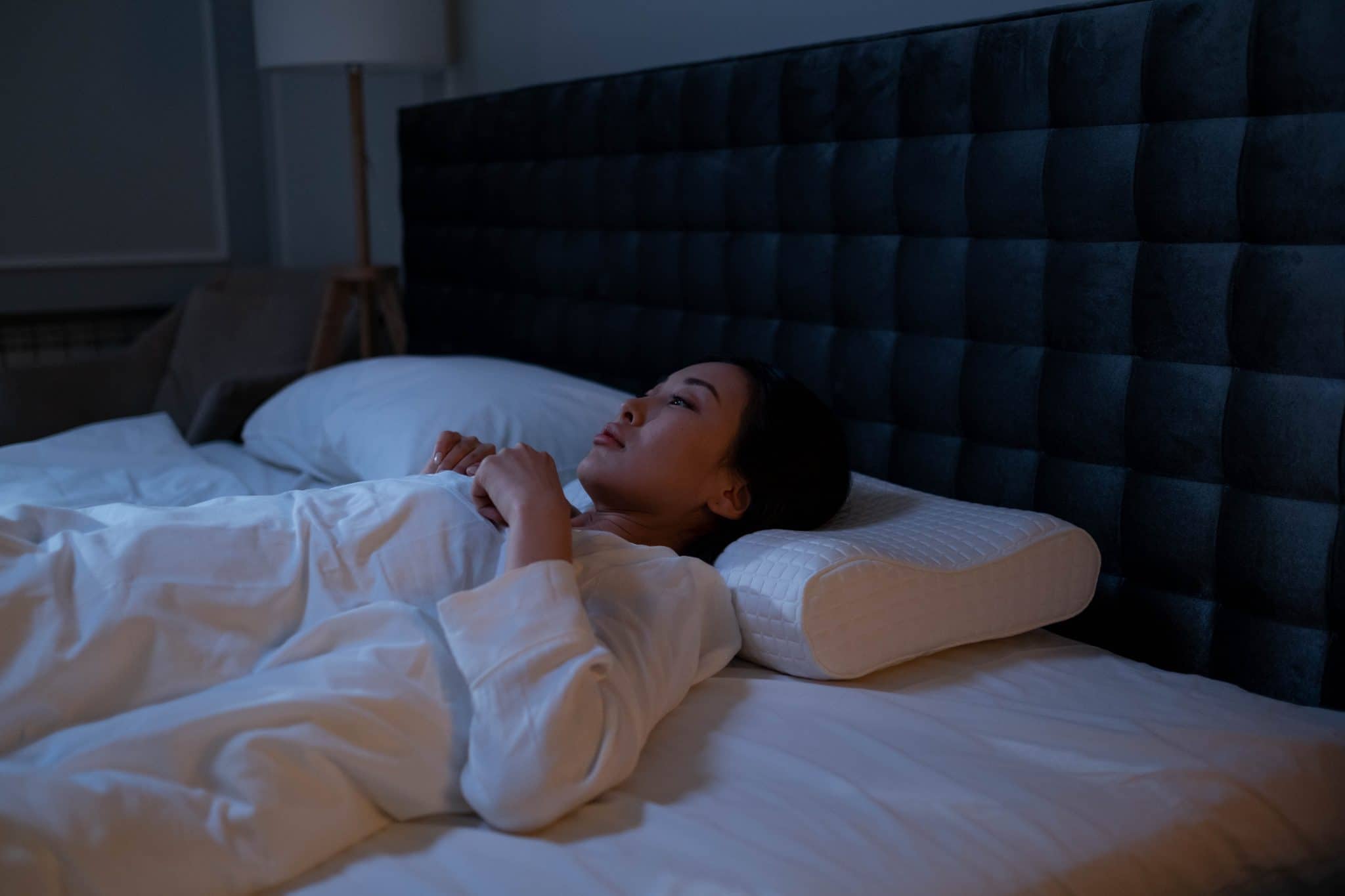A stuffy nose and itchy, watery eyes don’t lend themselves to a good night’s rest. Let’s examine ways to better manage your nighttime allergy symptoms and improve your quality of sleep.
Keep Allergy Triggers Out of the Bedroom

Your allergy symptoms may be worse at night because you’re exposed to triggers, including:
- Dust mites. Dust mites can likely be found all over the house, but particularly love to lurk in bedding. Consider using dust-mite-proof mattress covers and pillowcases and wash your bedding once a week in hot water to minimize your exposure.
- Pollen. If you have a pollen allergy, sleep with your windows closed. It’s also a good idea to shower before bed to remove any pollen that may have gotten on your hair or body when you were outside.
- Pets. Plenty of people with allergies to dogs or cats still have a pet. However, it’s important to set boundaries to minimize your symptoms. Keep your pets out of the bedroom all day and night.
Take Your Allergy Medication at Night
If you normally take an antihistamine every morning to manage your allergy symptoms, consider switching to taking it at night when your symptoms are worse. Antihistamines can also make you drowsy, which may help you fall asleep faster. Just make sure to talk with your doctor before making any changes to your routine.
Reduce Your Stress Levels
Studies have shown that chronic stress can lead to more frequent flares in allergy symptoms. Not to mention, higher stress levels can make it harder to sleep. It’s important to find ways to destress such as:
- Meditation
- Breathing exercises
- Taking a hot bath
- Signing up for a class at Community Yoga
- Making time each day for things you enjoy
Visit an Allergist
If your allergy symptoms are interfering with your quality of life, the best thing you can do is make an appointment with an allergist. They can perform allergy testing to identify your triggers, which can help you avoid exposure.
They may also prescribe or change your medication or recommend immunotherapy if your allergies aren’t responding to other forms of treatment.
Allergies don’t have to keep you from getting the sleep your body needs. If you would like additional information or wish to schedule an appointment with one of our expert allergists, call Charleston ENT & Allergy today.
